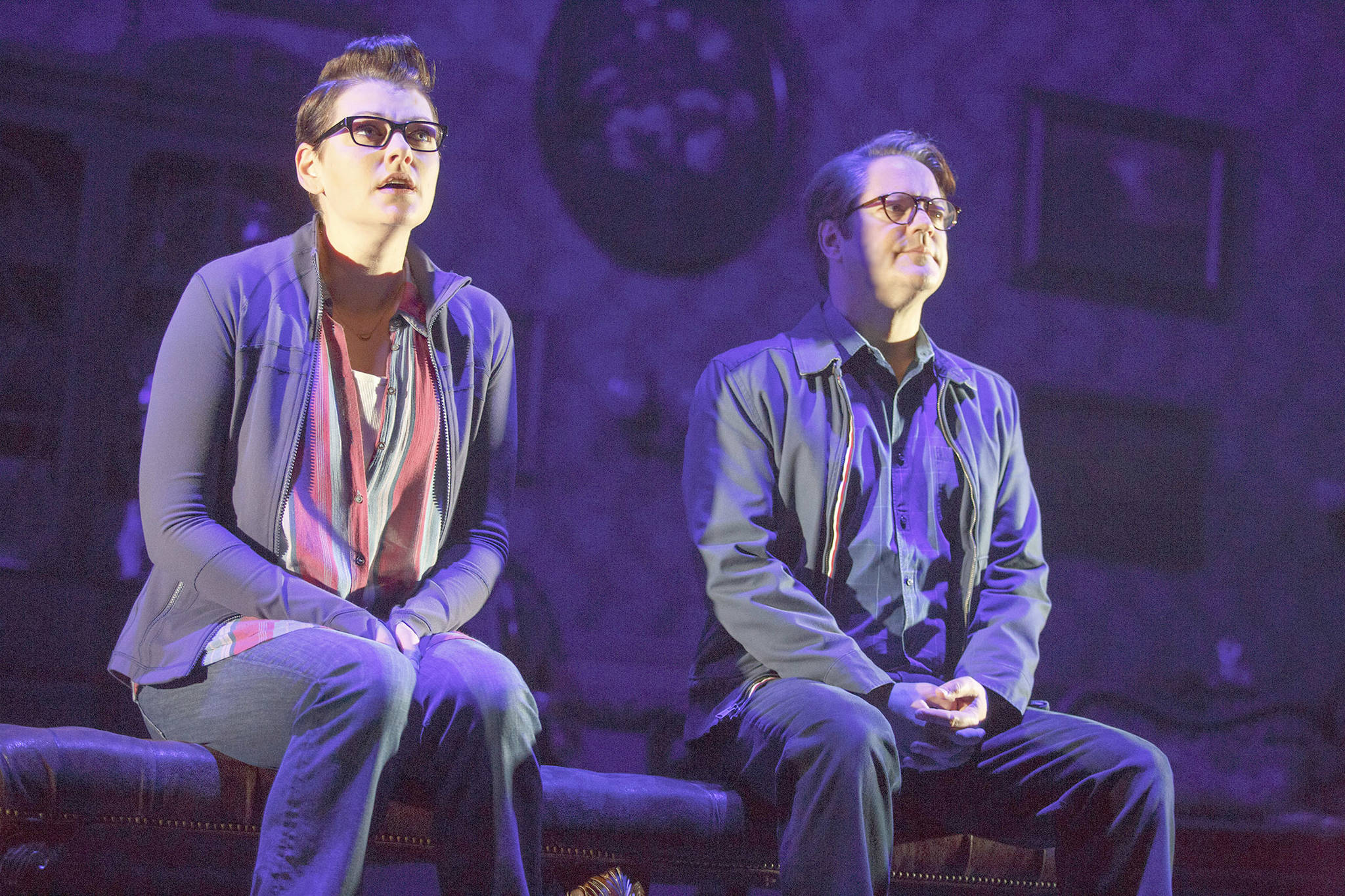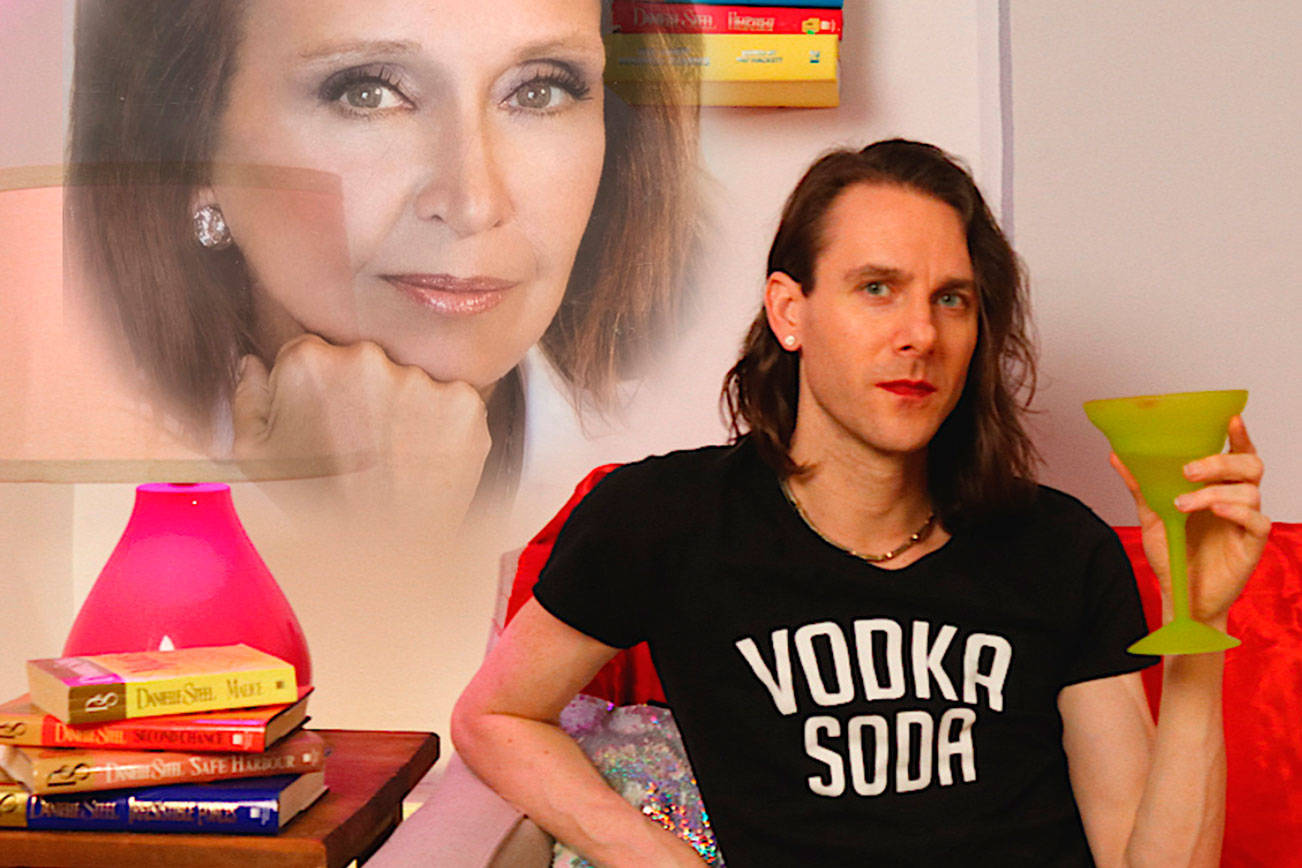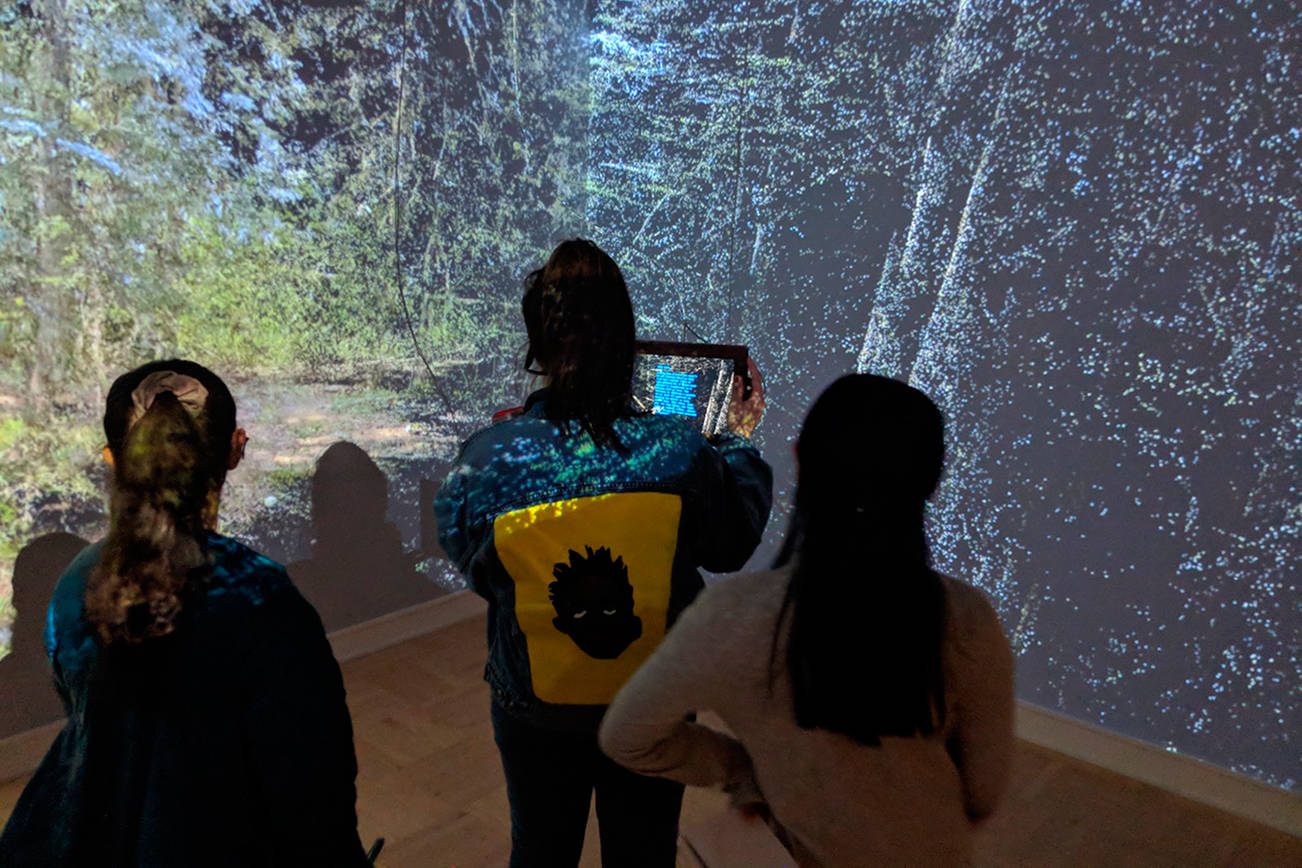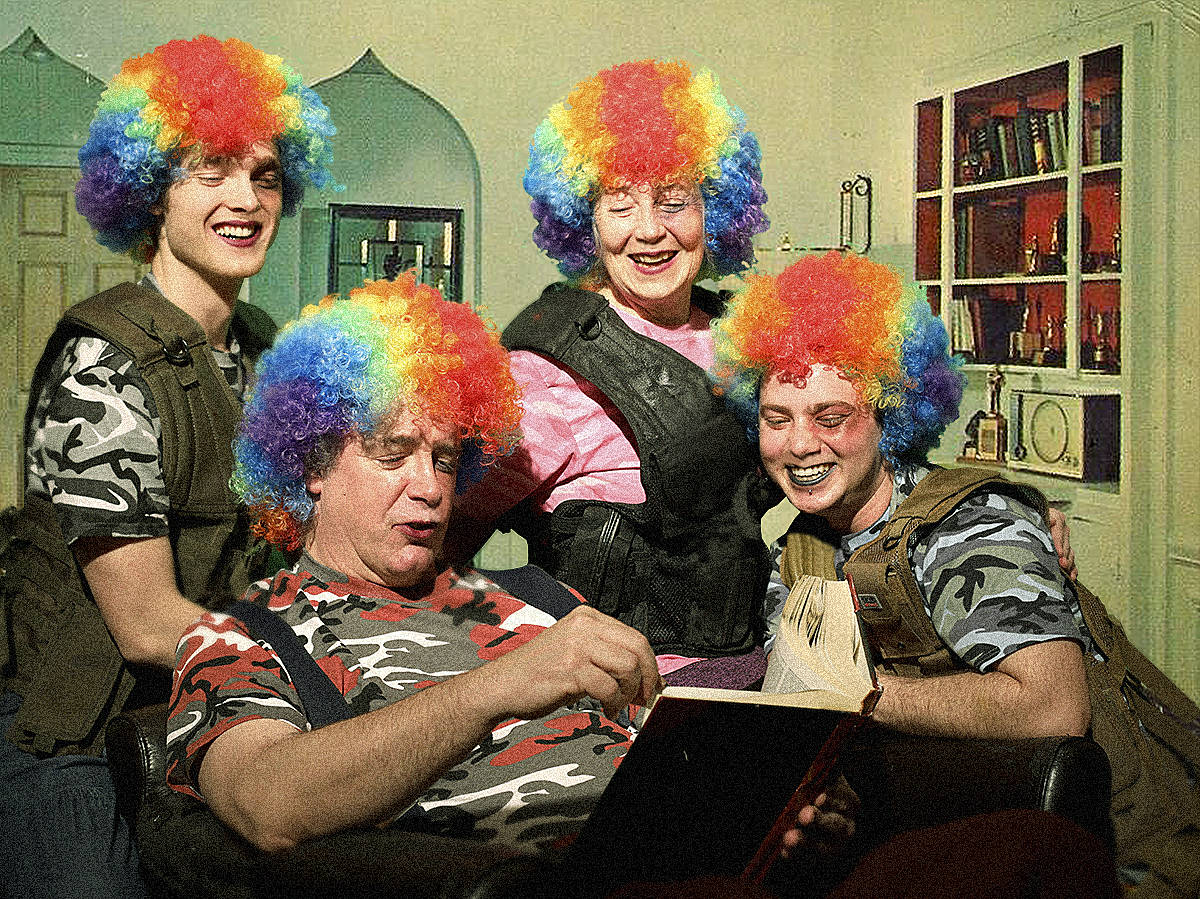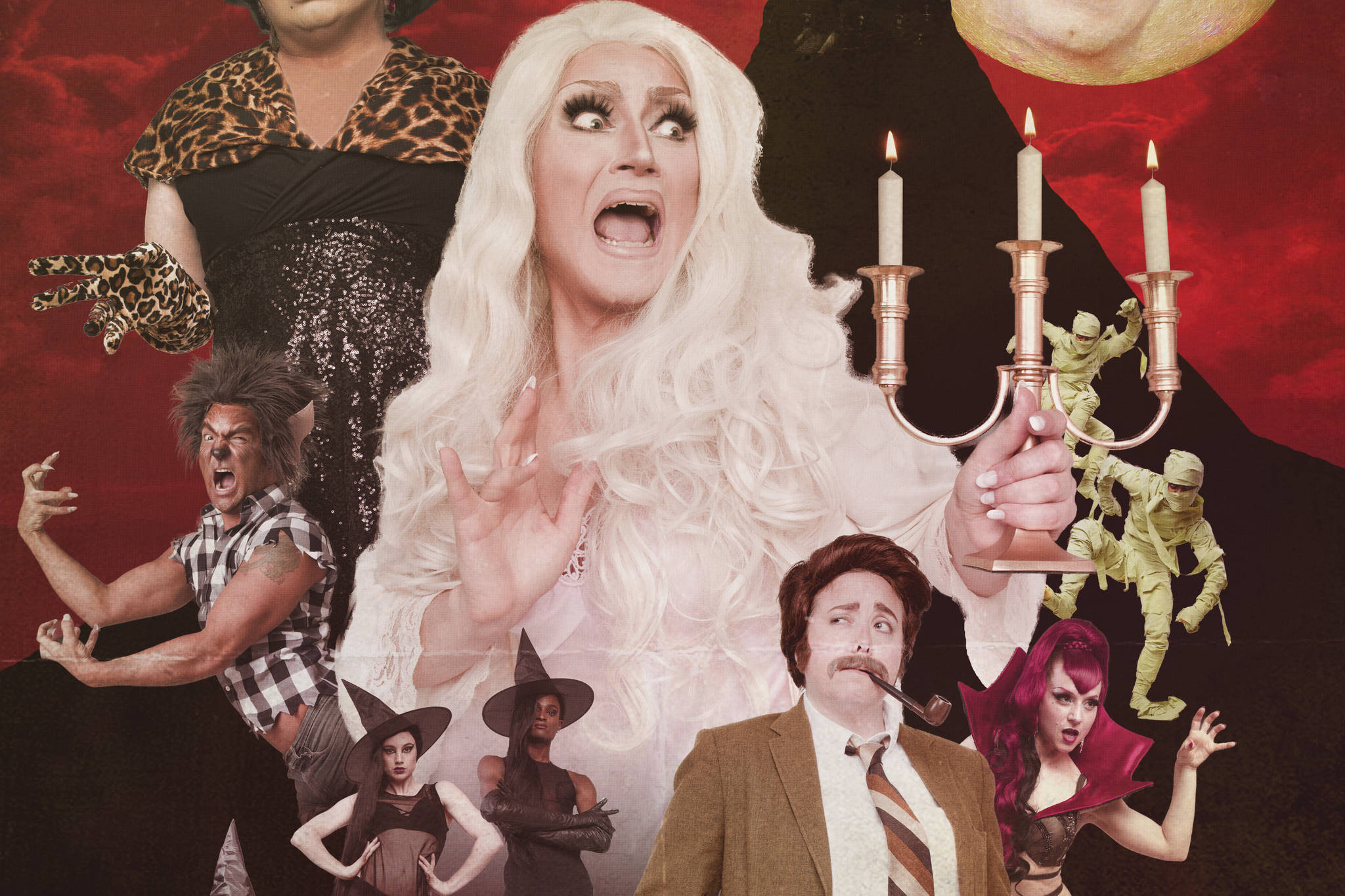In 1998, Kate Shindle won the Miss America pageant. “At that time it was a very activism-based gig,” Shindle says. “Ninety percent of the time was spent talking about HIV/AIDS education and prevention.” In some ways, her pageant victory marked the beginning of what would become her long history working in solidarity with the queer community. “I talked to students, I lobbied legislators, [and] helped raise a lot of money in conjunction with a lot of organizations for AIDS research, treatment, prevention, and education.” Shindle studied at Northwestern University, where the course “The Rhetoric of Social Movements” involved her even more directly with the HIV/AIDS struggle in the late 1990s.
Fun Home is Shindle’s step into a new world of queer activism, albeit in a much different form: onstage. The Tony-winning musical, by Lisa Kron (libretto and lyrics) and Jeanine Tesori (music), is an adaptation of Alison Bechdel’s tragicomic graphic novel of that name. Bechdel’s memoir, written in 2006 near the end of the first run of her comic strip Dykes to Watch Out For (now on hiatus), has been praised for its artistic merit, storytelling strength, and vulnerability, attributes that earned it countless awards and spots at the top of best-of lists. In a meta-twist, Fun Home the musical begins with Bechdel, played by Shindle, working on Fun Home the graphic novel, sorting through the ways in which she came into her own sexuality as well as the mysterious behaviors of her father, Bruce.
Shindle believes Fun Home is particularly poignant in the current U.S. political climate. “It serves as a reminder that it is really important to be able to live as your authentic self, and recognize and own your own identity,” Shindle says, especially given that “The vice president has been a champion of conversion therapy, for God’s sake.” Shindle sees that need especially apparent in the character of Bruce (played by Robert Pekoff). At the beginning of the musical, the audience discovers he was gay, kept it from his family and the small town he lived in, and committed suicide when Alison was 19. Shindle’s character, adult Alison, narrates the show, framing and introducing the action and watching her younger self live through the memories she is processing on a quest to write her memoir.
Part of Alison’s process is an attempt to sort through her father’s internalized homophobia. “Not only those who consider themselves to be a part of the LGBTQ community, but also allies like me for example, need to link arms and say decisively that we are not going to go back to the world that killed Bruce Bechdel,” Shindle says, noting a shift in mainstream culture around homosexuality and coming out. “In a lot of ways Fun Home shows a generational difference between how Alison Bechdel herself dealt with her own sexual identity when she was in college in the early 1980s, versus her father, who is obviously a generation older [and] had to conceal his,” Shindle says.
Fun Home is also part of what Shindle calls “the next generation of musicals”—those that are demanding and actively incite audiences, asking them to critically engage while being entertained. “I know that Seattle has very smart audiences who like challenging theater,” she says; “you have to lean forward a little bit more” as an audience member. This next generation is “less passively entertaining than musicals of generations past”—a kind that goes beyond heterosexual love stories with singing and dancing. “I get to tell this incredible story in a very well-executed way, and it means something to people on a very deep level,” Shindle says. “I cannot imagine what I am going to follow this up with.”
Shindle continues to fight for justice offstage as president of the Actors’ Equity Association, a labor union that represents around 51,000 stage actors and managers in the United States. Passionate about negotiating and administering “contracts that oversee wages and working conditions in our workplaces,” her work is located at a significant intersection of economic and labor justice in the American theater scene.
Fun Home is the first Broadway musical with a lesbian protagonist, which is “less continuous, organized activism,” Shindle says, but a “more happenstance form of activism” that can empower queer theatergoers by representing various queer identities and experiences. Folks “who are questioning their sexual orientation or feel that they don’t conform in one way or another can come to the theater and see a story that resembles their own lives,” she says, noting that every night after the show, queer teens flock to her at the stage door to share how much the story means to them. “There was a young woman who came up to me last week in Charlotte,” Shindle says. “She told me [her] dad was gay … and he died recently … and [she] always loved to sing, but [she hasn’t] been able to sing since he died. It’s the kind of stuff that people feel compelled to share after they have seen the show. In a perfect world I would like to hear that that young lady starting singing again.” Fun Home, 5th Avenue Theatre, 1308 Fifth Ave., 5thavenue.org. $36–$131. Ends July 30.
stage@seattleweekly.com
